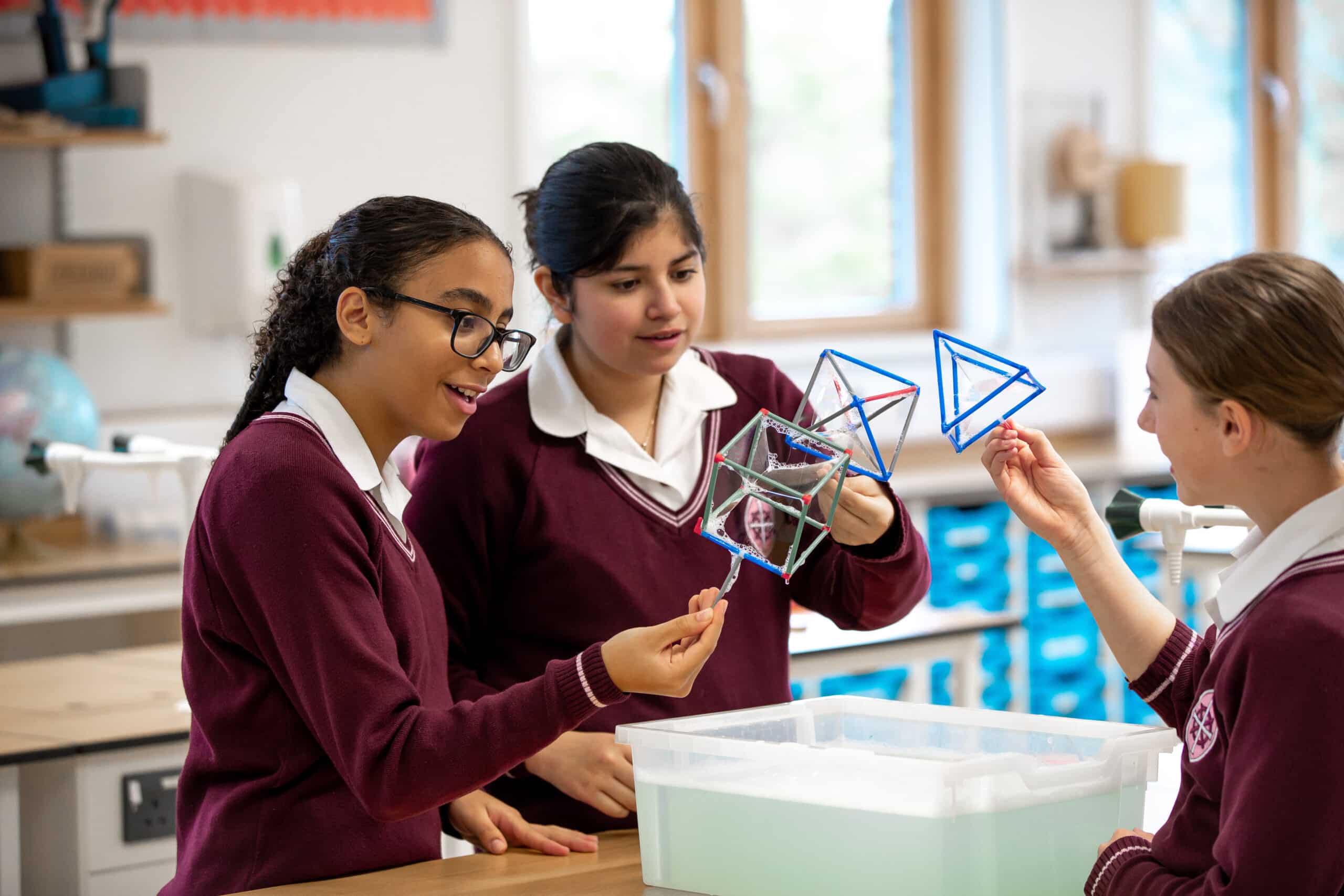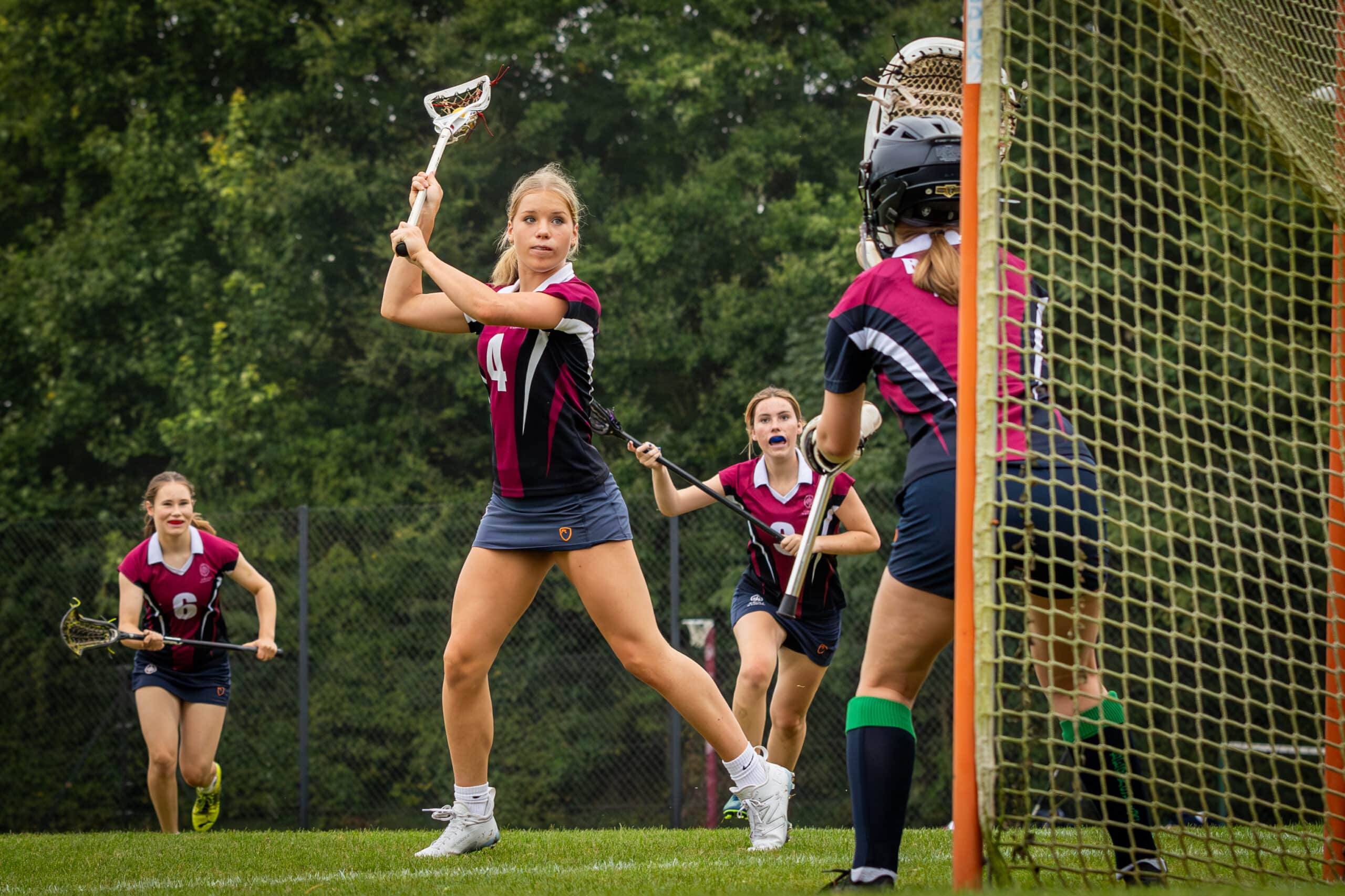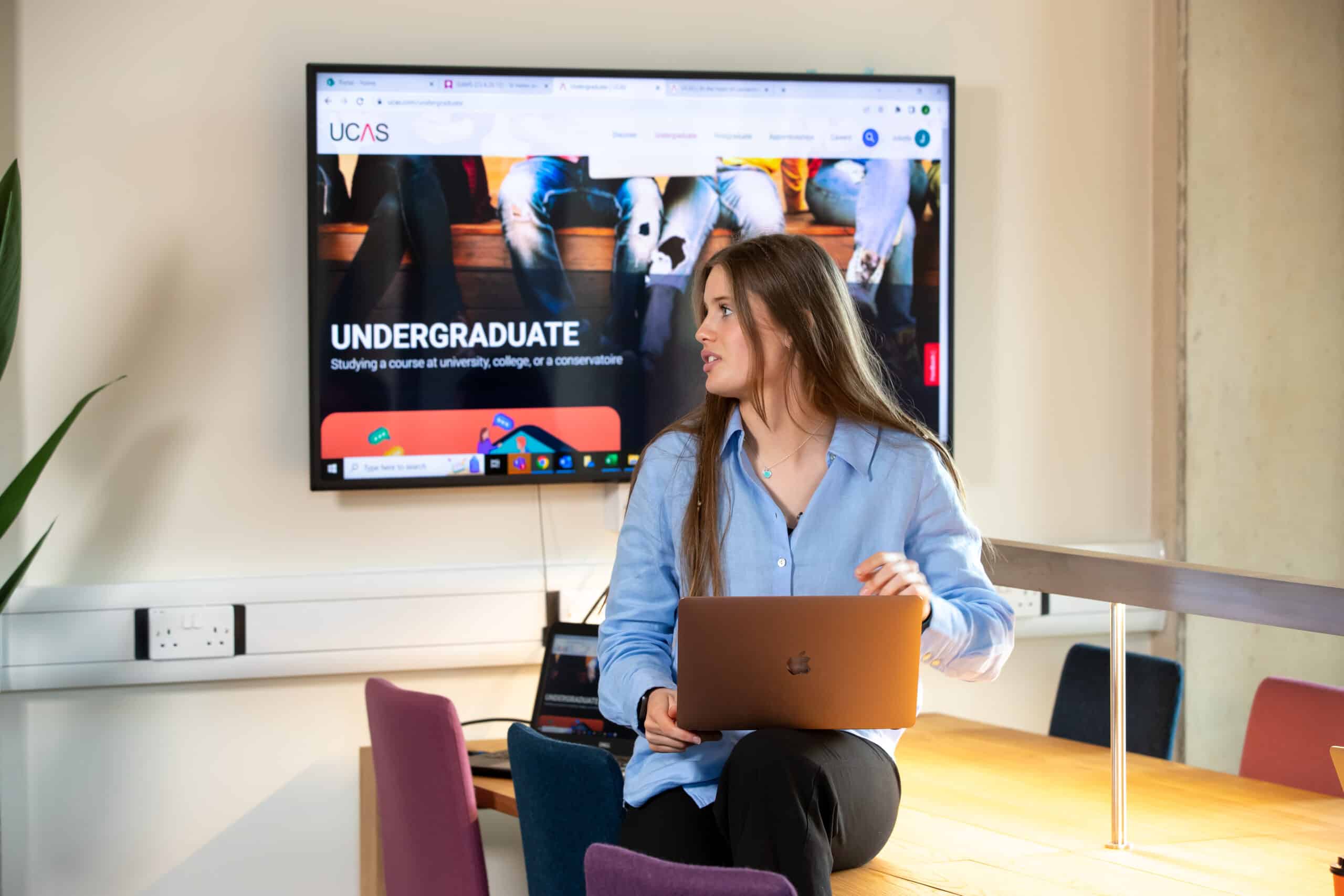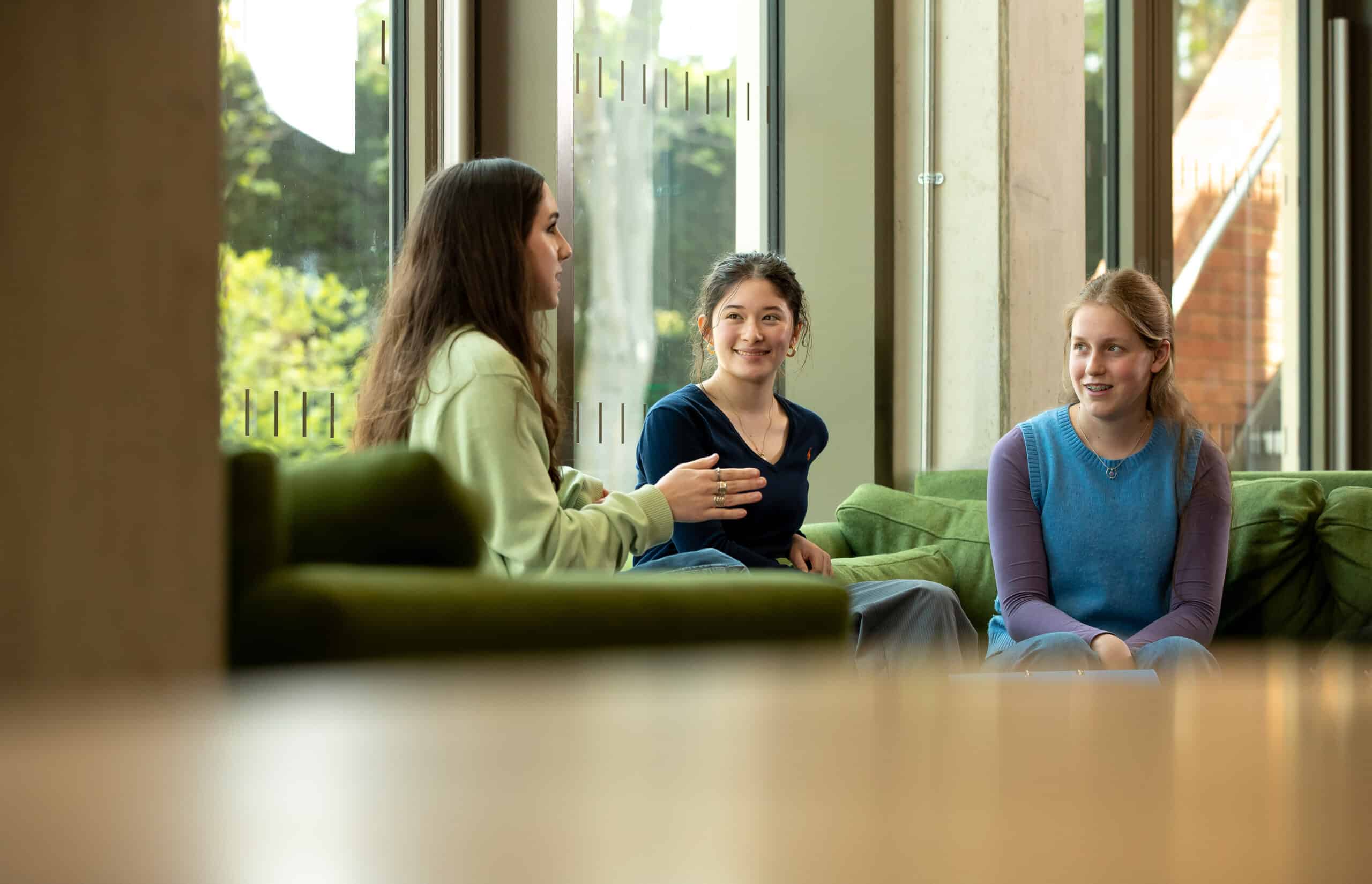Taken from the Trinity term 2024 edition of our student magazine, Compass, Head Editor Elli (L6D) discusses the benefits of physical activity in relation to neurodegenerative diseases such as Parkinson’s disease and Alzheimer’s.
Neurodegenerative diseases are some of the most challenging to treat, not only due to the extreme difficulty in diagnosing the illness, but also because they cause irreversible brain damage. As we have a rapidly ageing population, these diseases are only growing more prevalent. Despite the genetic risk factors, scientists have discovered on separate occasions one factor that not only helps in slowing down the progression of such diseases, but may also play a part in preventing them – physical activity.
Physical activity has been proven time and time again to benefit your mental health, but can it also help battle neurodegenerative disorders? Scientists have found that exercise stimulates the production of vital hormones such as insulin growth factor (IGF), a chemical crucial to the development of new tissues, and therefore highly important for the production of new brain cells. New brain cells allow the brain to be able to replace damaged or dead cells, therefore maintaining its normal function. In diseases such as Alzheimer’s, where the buildup of amyloid and tau proteins in the brain lead to the shrinkage of the brain (especially in the areas responsible for memory), new brain cells can be further used to help delay the onset of such diseases. The areas first affected are usually the memory regions of the brain, meaning that if new brain cells could be formed more often due to regular physical activity, this process could be significantly slowed down. Alzheimer’s currently affects just under 1 million people in the UK alone, and this number is set to project to 1.4 million by 2040. By regularly exercising, we can help reduce the chances of brain shrinkage, and therefore decrease the rate of development of Alzheimer’s disease.
Another neurodegenerative disease very common in the ageing population is Parkinson’s disease (or PD): a disease caused through the damage and death of dopamine-producing cells in the brain. It gradually decreases the coordination, balance and movement skills of those with the disease, and, in the later stages, often results in immense difficulty in walking and talking. While exercise can’t cure PD, it is able to offer a much better quality of life for those with it, as it allows them to maintain their cognitive competency, flexibility and motor skills for as long as possible, meaning the effects of PD are significantly reduced, and the pain associated with the disease is decreased. Many dance groups have popped up around the UK to help those battling PD. This not only offers a chance to move in a session specifically tailored to help those affected with Parkinson’s, but also creates a social setting available for them and their families and caregivers, which is vital to their quality of life. An aspect of neurodegenerative diseases commonly overlooked is the social decline that often follows these diseases. People suffering with PD have reported feeling the need to isolate themselves from others due to the fear of discrimination and the stigmatisation associated with the disease, which only has caused many mental health problems within the community – 50% of individuals suffering with PD experience some form of depression, while 40% experience an anxiety disorder. By creating social situations especially designed to cater to those who have PD, the dance groups are able to form a safe, comfortable space for socialising, improving overall quality of life. Movement can help those suffering from neurodegenerative disorders in countless different ways, most importantly in delaying these diseases in the first place.
It is recommended that we spend 150 minutes of moderate exercise, or 75 minutes of vigorous exercise per week in order to maintain both our physical and mental health. Our bodies are going to be with us for the rest of our lives, and it’s vital to take care of them, and help others take do the same when they need it.












